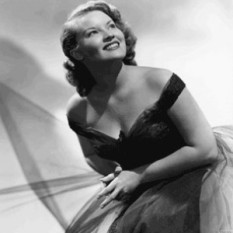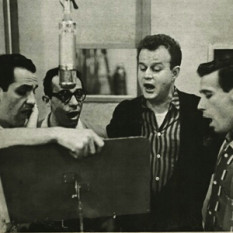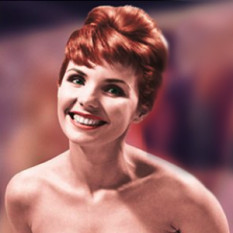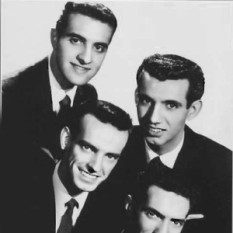Musical groups in three genres have shared the name The Four Aces.
1. The Aces, initially known as "The Four Aces" were a Jamaican vocal group who are best known for their work with Desmond Dekker, but who also recorded without him. The initial line-up of the Aces was Clive Campbell, Barry Howard, Carl Howard, and Patrick Howard. The group came to the attention of Dekker, who supported them when they auditioned for Leslie Kong at Beverley's studio in 1965. The producer employed the group as backing singers for Dekker, recording many hits with him including "The King of Ska" (where they were credited as His Cherry Pies), "Get Up Adinah" (on which they were credited as the Four Aces"), huge hits such as "007 (Shanty Town)" and "Israelites", and the winner of the 1968 Festival Song Contest, "Music Like Dirt". By 1967 the only remaining original member was Barry Howard, along with Winston Samuels. Dekker's international success led to overseas tours, but the Aces were not taken along, Samuels refusing to fly, stating "Rastas did not fly on iron birds", and Barry Howard having already decided to emigrate to the United States. Instead they stayed in Jamaica and recorded without Dekker. They had a Jamaican hit in 1970 with "Mademoiselle Ninette", and by 1971 the line-up had again changed, with Barry now rejoined by Carl Howard. A string of hits followed with "Reggae Motion", "Take a Look", "Oh I Miss You", Call Me Number One", "Be My Baby", and "Sad Sad Song", and they had a near hit in the pop charts in 1973 with "Working on it Night and Day". Little more was heard from the group until 1982 when they released "One Way Street".
2. An American singing quartet which was inducted into the Vocal Group Hall of Fame in 2001. The group is well-known for a plethora of hits, including: "Love is a Many-Splendored Thing", " Three Coins in the Fountain", "Stranger in Paradise", "Shangri-La", "Perfidia". All of the group's major hits were first performed by the original four members: Al Alberts (originally Albertini), Dave Mahoney, Lou Silvestri, and Rosario "Sod" Vaccaro. Although all were from Chester, Pennsylvania, Alberts and Mahoney actually met in the Navy. They formed a duo, with Alberts singing and Mahoney playing behind him. Later adding Vaccaro on trumpet and Silvestri on drums, the group played in the Philadelphia area. When they could not find a label which would release their record, "(It's No) Sin," Alberts started his own label, Victoria Records. "(It's No) Sin" sold a million copies! DECCA Records soon signed the group, billing them as The Four Aces Featuring Al Alberts. In 1956, Alberts left The Four Aces to try to make it as a soloist, but never made the charts. He was replaced as lead singer by Fred Diodati, another Philadelphia product. Over the years, as the remaining original members left, Diodati chose new singers to replace them. The right to "The Four Aces" name eventually landed in court. In 1975, Diodati was awarded the right to the name and continued to tour under it. The founding members, who again wanted to tour, were allowed to use the name, "The Original Four Aces, Featuring Al Alberts." The latter group retired in 1987. The Four Aces are still touring. (A link to their appearances is listed below.)
3. Cajun fiddler Leo Soileau was the second Cajun musician to record his works. This occurred in the late 1930s. The Four Aces was the name of his second string band (the first had been The Rhythm Boys). Soileau reitred from music in the 1940s with the demise of the string band sound. .
All albums
You can find information through the best music search engine - Muzlan.top 😊All materials on request "The Four Aces" are available on page The Four Aces
Yes of course. You can listen tracks on the page The Four Aces
Yes of course. You can download tracks on the page The Four Aces
This page is found by queries: The Four Aces track minus, The Four Aces all mp3, The Four Aces song download, The Four Aces flac, The Four Aces remix




